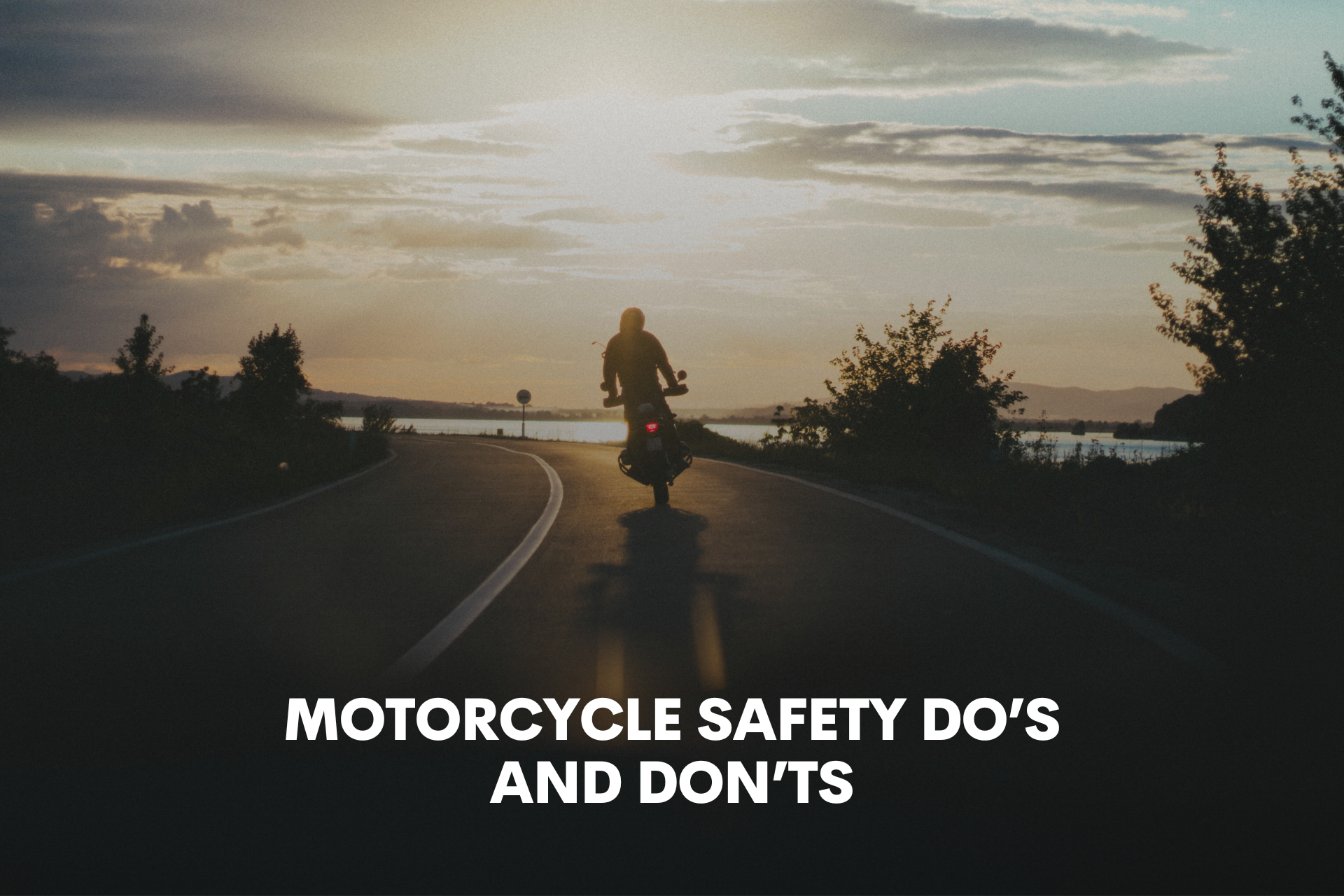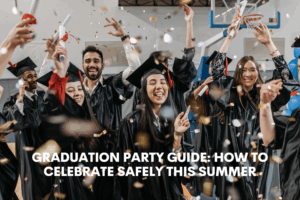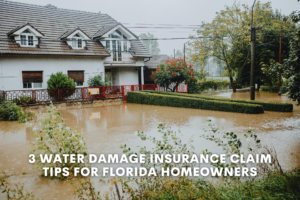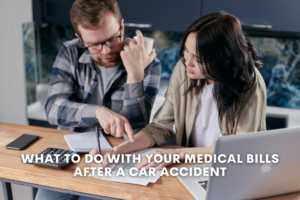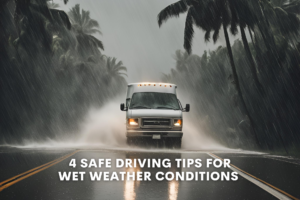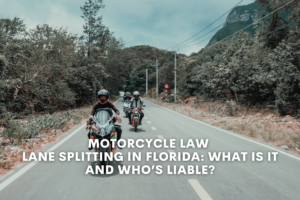There’s no denying riding a motorcycle is an exciting experience. But, it can also be dangerous. In fact, according to the Insurance Institute for Highway Safety (IIHS) and the Highway Loss Data Institute (HLDI), a total of 5,579 motorcyclists died in crashes in 2020 alone.
That’s why staying mindful of motorcycle safety best practices is an excellent way to reduce potential accidents and injuries.
As a motorcycle accident lawyer in Tampa, FL, our team represents clients who have suffered personal injuries or property damage in motorcycle accidents.
Our skilled motorcycle accident attorneys understand the nuances of these cases and from their experience and expertise have highlighted some motorcycle safety do’s and don’ts.
Motorcycle Safety Do’s
Do check the weather before hitting the road
Florida weather can change on a dime. One minute it’s sunny and the next it’s a full-blown rainstorm. That’s why it’s important to always check the weather before heading out. Inclement weather can make for a hazardous trip.
Do wear proper motorcycle gear
It’s hot in Florida so gearing up before you head out might feel like a chore. However, it could save your life.
According to the Centers for Disease Control and Prevention (CDC), motorcycle helmets are 37 percent (for riders) and 41 percent (for passengers) effective in preventing deaths. It was also reported that helmets reduce the risk of head injury by 69 percent.
If you’re not sure what to wear, here’s a quick checklist:
- Helmet
- Jacket
- Gloves
- Pants
- Boots
Note: Florida law requires riders 21 years and younger to wear an approved helmet when operating a motorcycle. However, anyone over the age of 21 has the option to wear a helmet. If you don’t wear a helmet, riders must have insurance with at least $10,000 in medical benefits coverage.
Do make your presence known on the road
It’s easy for a motorcycle to get lost in a car’s blind spot, leading to accidents. To avoid these situations, consider the following:
- Keep your headlights on, even during the day
- Wear reflective and/or bright gear
- Always use your turn signal
Do ride during the day
Though a night ride can be tempting, make it a point to ride your motorcycle during the daylight hours. Visibility after sunset is greatly reduced which makes it more difficult for other motorists to spot motorcyclists which can lead to accidents.
Do follow traffic rules
Because of the size difference between motorcycles and other vehicles on the road, it’s easier for motorcyclists to maneuver in and out of lanes – sometimes without the use of their turn signals. Although possible, motorcyclists should always follow traffic rules and adhere to the speed limit to reduce their accident risk.
Motorcycle Safety Don’ts
Don’t forget to look through turns
This is a lesson that’s typically emphasized during motorcycle safety courses. When making a turn, you never want to look directly in front of you. Instead, you want your head and eyes to look as far ahead as you can while turning. When you look ahead, your body will naturally move in that direction which makes turning on a motorcycle easier.
Don’t neglect maintenance
Control the controllable. Before every ride, get into the habit of conducting a pre-ride inspection. Here’s what you should keep an eye on:
- Controls – Test everything from the hand grips and throttle to the levers and pedals to ensure your bike’s functioning properly.
- Lights – Make sure your headlights, brake lights, and turn signals are working.
- Tires – Look for embedded objects, bulges, wear and tear, and signs of low tire pressure.
Don’t ride under the influence
We’ll keep this tip simple. Never, under any circumstance, drive your motorcycle or any motor vehicle while under the influence of alcohol or drugs.
Don’t forget to have fun
It’s easy to get lost in the nuances of motorcycle safety. It’s essential after all. But, it’s worth noting that driving a motorcycle should also be a fun experience. For some, getting out on the open road can be a cathartic experience.
Keep safety at the forefront and joy and happiness will follow suit.
If you or someone you know was involved in a motorcycle accident, contact us today and book your free case evaluation.

